


REDUCING THE CARBON FOOTPRINT OF THE BUILDING MATERIALS MARKET










Darren Lockyer, Head of Business Affairs at Mayur Resources, enlightens us on the company’s focus on renewable energy projects and carbon footprint reduction across Asia Pacific’s building materials market
Writer: Lucy Pilgrim | Project Manager: Eddie Clinton
The mining and aggregates industry in Papua New Guinea (PNG) has an extensive and storied history, permeating across the Asia Pacific (APAC) region and its many sectors.
At the helm of the country’s mining industry is Mayur Resources (Mayur), who is spearheading low-carbon manufacturing and natural resources across PNG.
“Our asset portfolio, which spans industrial minerals and renewable power generation, will contribute to nation building in a country that
is poised for a significant growth trajectory,” introduces Darren Lockyer, Head of Business Affairs at Mayur.
In the context of PNG, this means building a nation that has one of the lowest cement consumption rates per capita with the ability to obtain competitively priced, locally and sustainably sourced cement to drive socioeconomic development.
“Our success is directly connected to bringing better sustainability outcomes to PNG and the broader APAC region by reducing the building industry’s carbon footprint. We’re
doing this by developing mineral projects that deliver high-quality, low-cost, and net zero inputs for the mining and construction industries,” he adds.
This is further supported by Mayur’s investment in building and operating a renewable energy portfolio of solar, wind, and geothermal production, as well as carbon mitigation and battery storage.
The company has grown to become a diverse entity with developments across lime and cement production, iron and industrial sands, and renewable energy.
Mayur is also building infrastructure that will not only support its projects but create an environment for other industries to grow in PNG, particularly in the special economic zone (SEZ) near Port Moseby, where the company has access to 12,000 acres of land.
The SEZ was specially chosen for Mayur’s Central Cement and Lime (CCL) project, a 400,000 tonne lime source that is strategically located to initially supply lime and then cement to PNG and a host of markets in Southeast Asia.
Both lime and cement are critical materials for the building and construction sectors, thus providing PNG with a reliable local source of competitive materials with a smaller carbon footprint, subsequently giving the company a competitive advantage.
“Our location and the way we are structuring our business means we will make a genuine difference in the competitiveness and carbon footprint of cement and lime production in the region,” highlights Lockyer.
RESPECT – The company values all relationships, working with partners to understand and serve all stakeholders with respect.
INNOVATION – Mayur is resourceful, solves problems, and constantly seeks to create value while adapting, developing, and continually improving.
ACCOUNTABILITY – The company initiates sustainable outcomes, takes responsibility, and is open and accountable.
INTEGRITY – Mayur commits to its word, delivers results, and is professional and ethical.


Indeed, with the aim to meet all PNG’s cement, clinker, and quicklime needs, the CCL project is also strategically located next to the ExxonMobil PNG liquefied natural gas (LNG) facility, which helps keep operating costs low and provides easy access to domestic and export markets.
Furthermore, the project’s SEZ status offers tax relief and duty exemptions which boost the operation’s financial viability.
Additionally, in 2020, the PNG government awarded Mayur a 20-year mining lease for the project on top of a significant offtake agreement that the company had already secured.
The CCL operation will be delivered in two phases, starting with the quicklime plant followed by clinker and cement facilities, and is set to play a crucial role in the region’s economic and sustainable development.

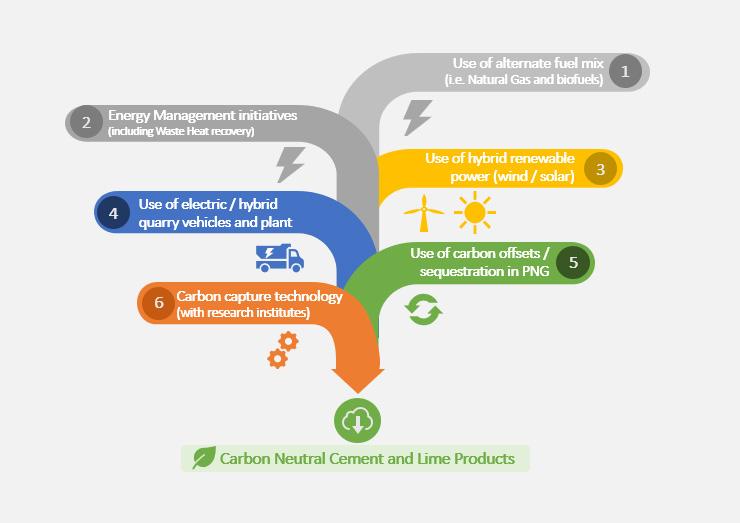
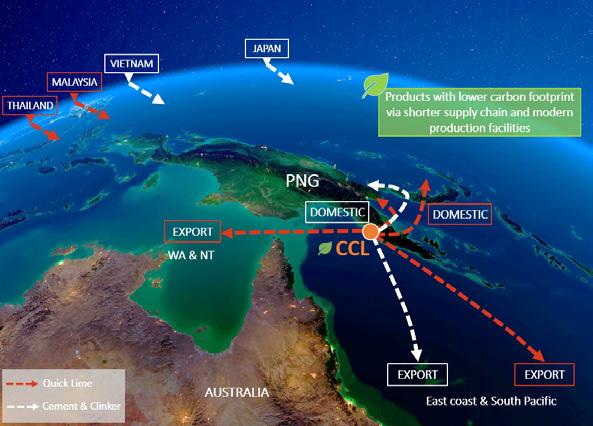


“We are also committed to doing things the right way, with the partnership and support of the government and people of PNG. We engage closely with host communities throughout our project areas to ensure we are aligned on what it means to undertake the sustainable development of the country,” affirms Lockyer.
Thus, the CCL project has the potential to create hundreds of new jobs, as well as support service businesses, electricity, roads, education, and health facilities for landowners.
Mayur’s recent projects also extend to the development of a promising iron and industrial sands province along the southern coastline and delta regions of the Gulf of Papua.
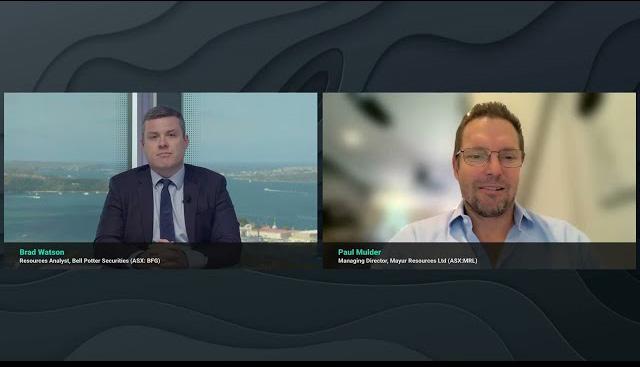
Mayur has a strong belief that the industry is moving forward towards sustainability, but not fast enough.
“We believe there is a real opportunity to speed up the transition to net zero by creating an integrated business in PNG that includes mining raw materials and processing them into high-value products, powered by renewable energy,” impassions Lockyer.
On top of the company’s plans to use renewable energy sources, Mayur will also significantly reduce carbon emissions from existing, long supply chains that move product to market across the region.
This is further aided by the location of PNG and its proximity to major regional markets, affording the company a strategic advantage in acquiring and exporting building materials and influencing the supply chain.
“Ultimately, our products will build resilience in the APAC supply chain for the critical materials that support the region’s building and constructing industries, while developing a downstream manufacturing sector that will support PNG’s economy by providing jobs and business opportunities for local people,” he elaborates.



This particular area shows great potential for numerous future projects and mining operations.
“The potential for scalability here is a big plus. If the initial projects are successful, we can expand operations relatively easily, tapping into more resources and increasing production,” comments Lockyer.
“Plus, our proximity to market routes means we can get our product to customers quickly and cost-effectively, which is a significant advantage.”
The company is also very close to finalising an investment made into the business by ACAM LP – a prominent global investment organisation in the natural resources sector, which will underpin the development of the CCL project.
“The project itself is ‘shovel ready’ with all the necessary approvals in place. This is an exciting time for us, and once we finalise our funding, we will be in a position to make an investment decision and start construction,” explains Lockyer.
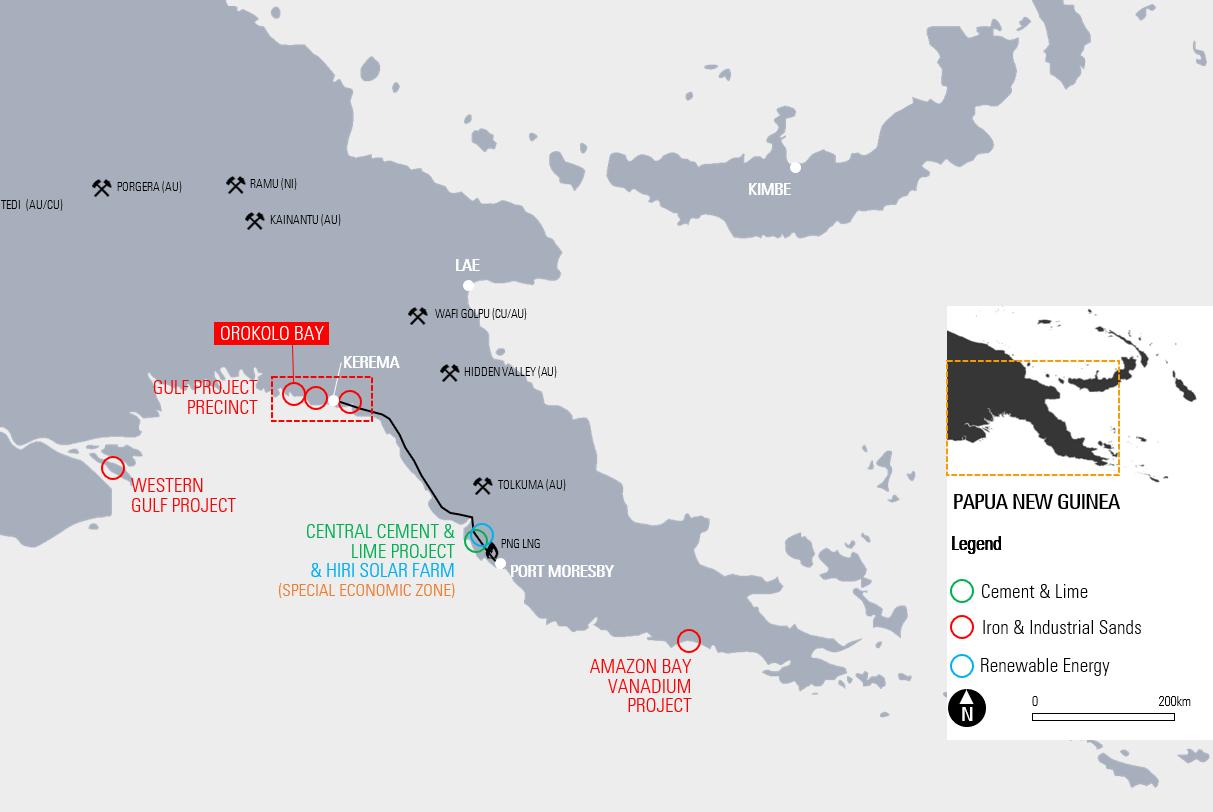


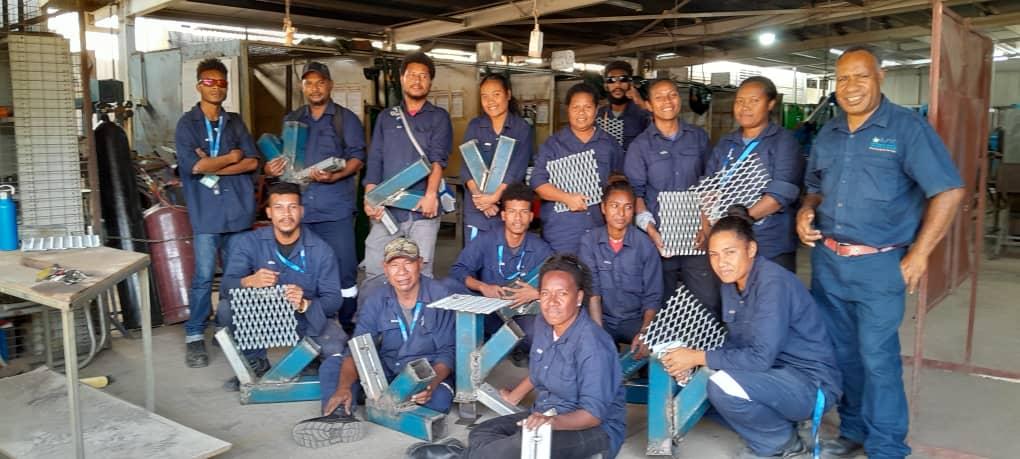

1. Social feasibility studies
2. Social impact studies
3. Environmental monitoring
4. Environmental impact assessment
5. Social licence, environmental and social safeguards
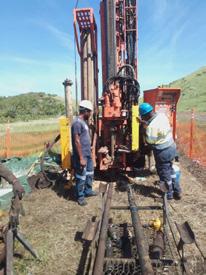
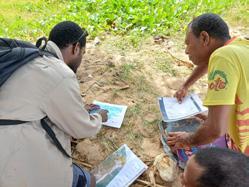
Community liaison and consultations
Incorporated land groups capacity building and GIS training
Development forum facilitation and negotiation
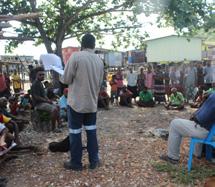

Projects aside, Mayur also deeply values investment into the local community, as the business sees itself as partners in the development of PNG.
For example, Mayur recently connected eco-friendly solar panels and batteries at Kido Primary School, benefitting over 125 students.
Moreover, the company engages in the development of local skills and vocational education through its involvement in institutions such as the Australia Pacific Training Coalition (APTC), who it has joined to help fund 36 students through a 12-week intensive programme in its Engineering Pathways course.
“Ultimately, these people will have skills that could help us with our projects and other developments in PNG,” Lockyer points out.
“As we grow the business, we will continue to invest in supporting the local socioeconomic development of the country.”

With a great team both in PNG and Australia, Mayur aims to be an inclusive organisation where people from all backgrounds are welcome to bring their skills and talents to help make a difference.
The company offers employee benefits and schemes to all levels of staff to recognise the performance and contributions of the team.
“The biggest reward for us is knowing that we are building a sustainable business that will strengthen communities and PNG as a nation by diversifying its economy and producing building materials that are critical for socioeconomic development,” Lockyer closes.
Aside from employee well-being, Mayur’s other focus remains on closing a financing round for the CCL project, which will provide the funding required for the operation to enter full-scale construction and is expected to take around 18 months.
When complete, the company will have established the first downstream mineral resource processing hub in the country, which it expects to spur the creation of additional downstream industry in the region, significantly improving the livelihoods of local residents and PNG as a whole.



